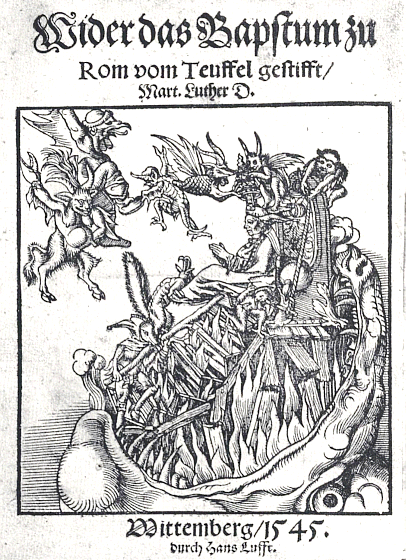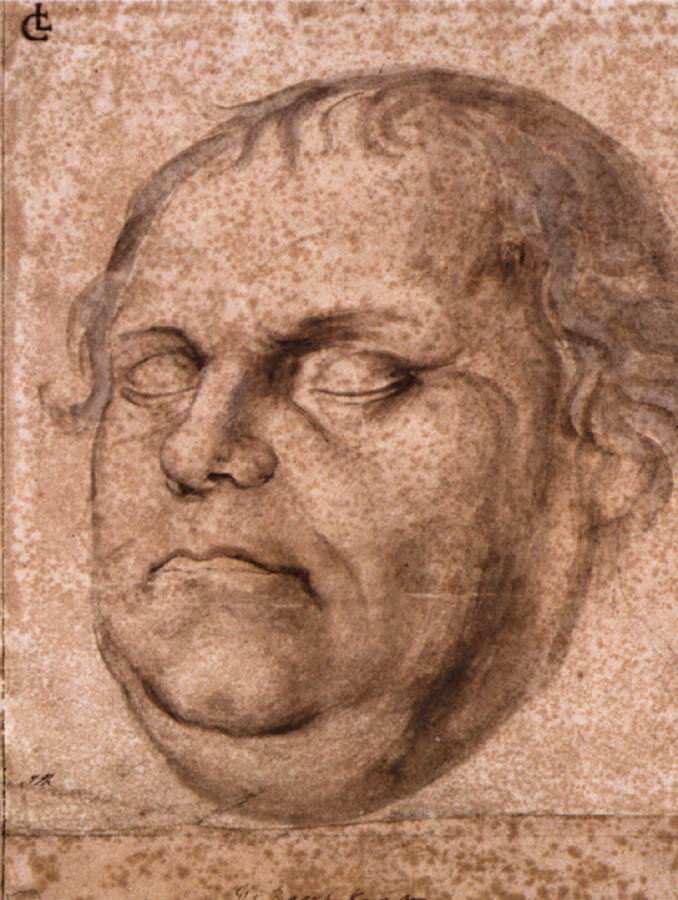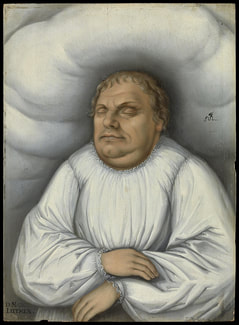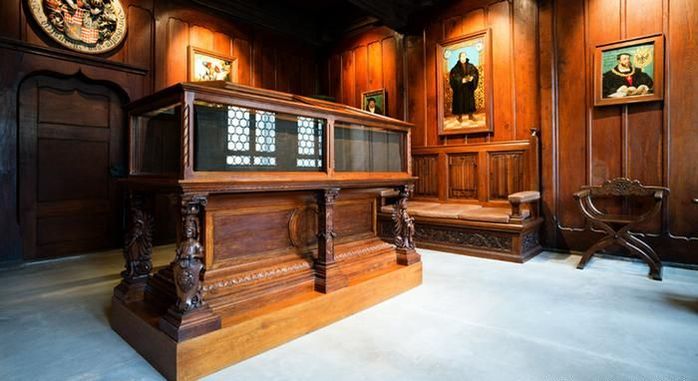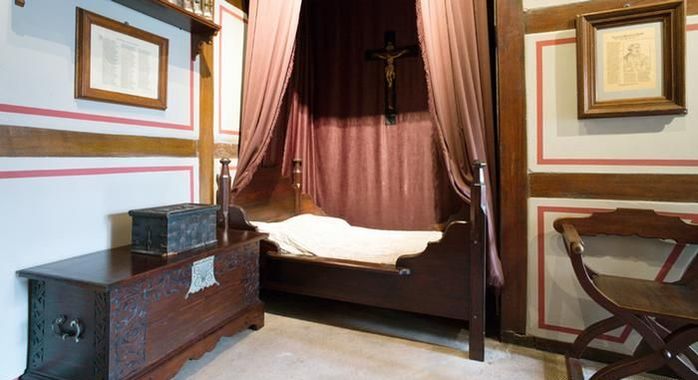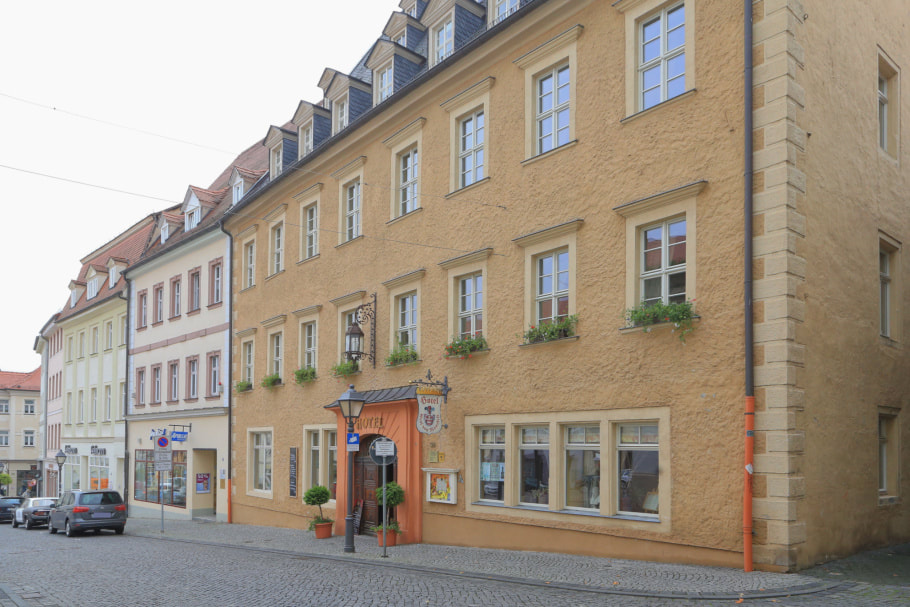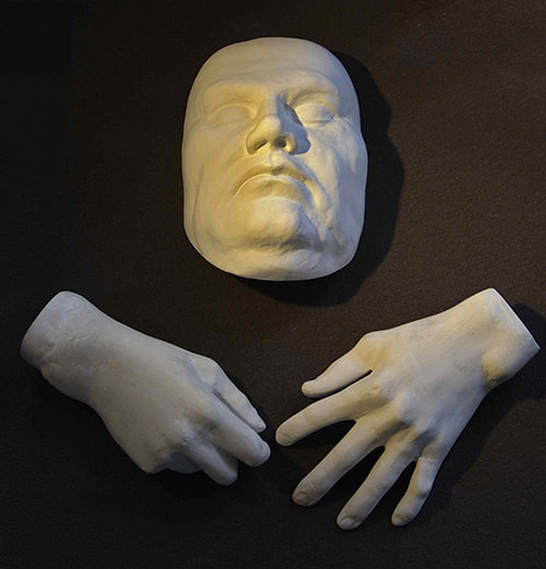Luther's Later Years
When asked what he would do if he knew that the world would end tomorrow, Luther allegedly said, "Plant an apple tree." He is also supposed to have said that he would take his wife, Katharina, to bed. During his final eight years of life he continued his work of teaching, lecturing, writing, composing and revising his Bible translation. However, he was frequently ill, tired and increasingly impatient, and this was reflected by the vicious and offensive tone of some of his publications.

